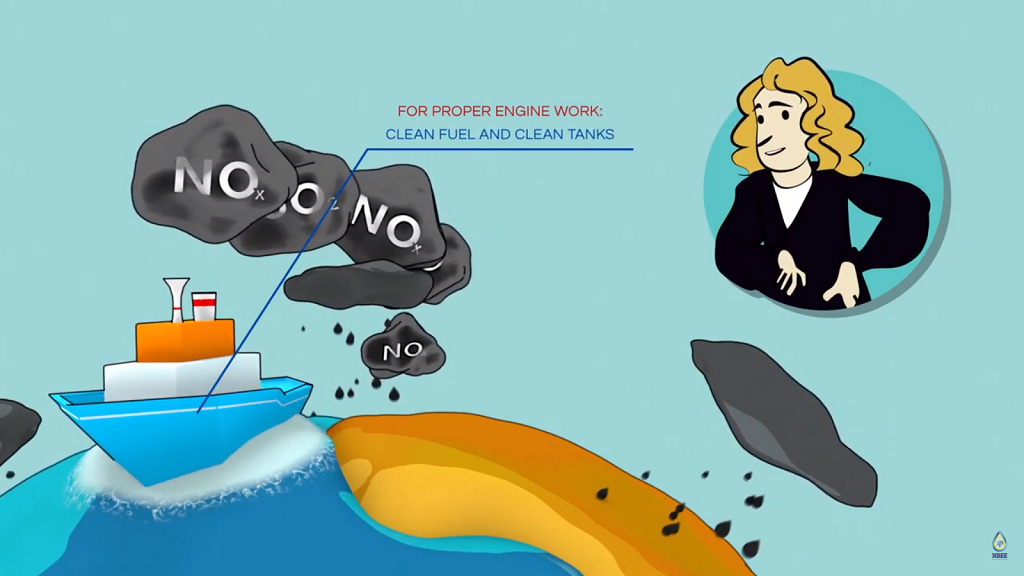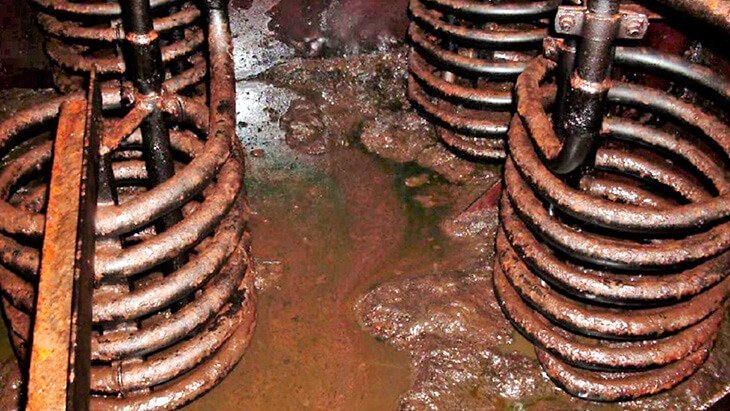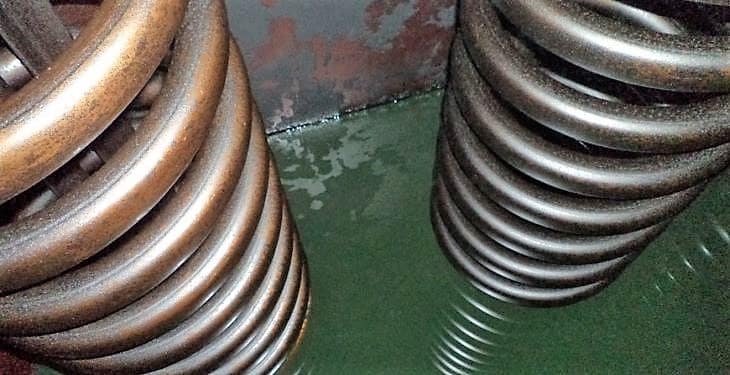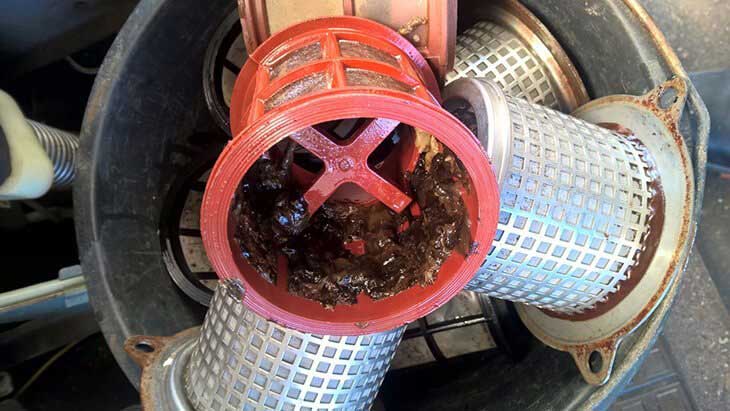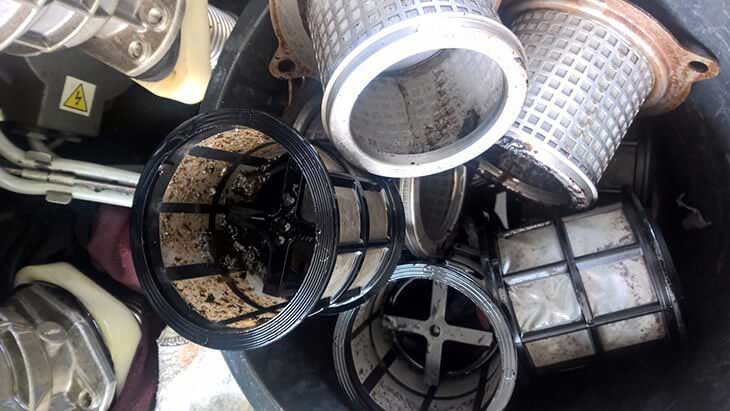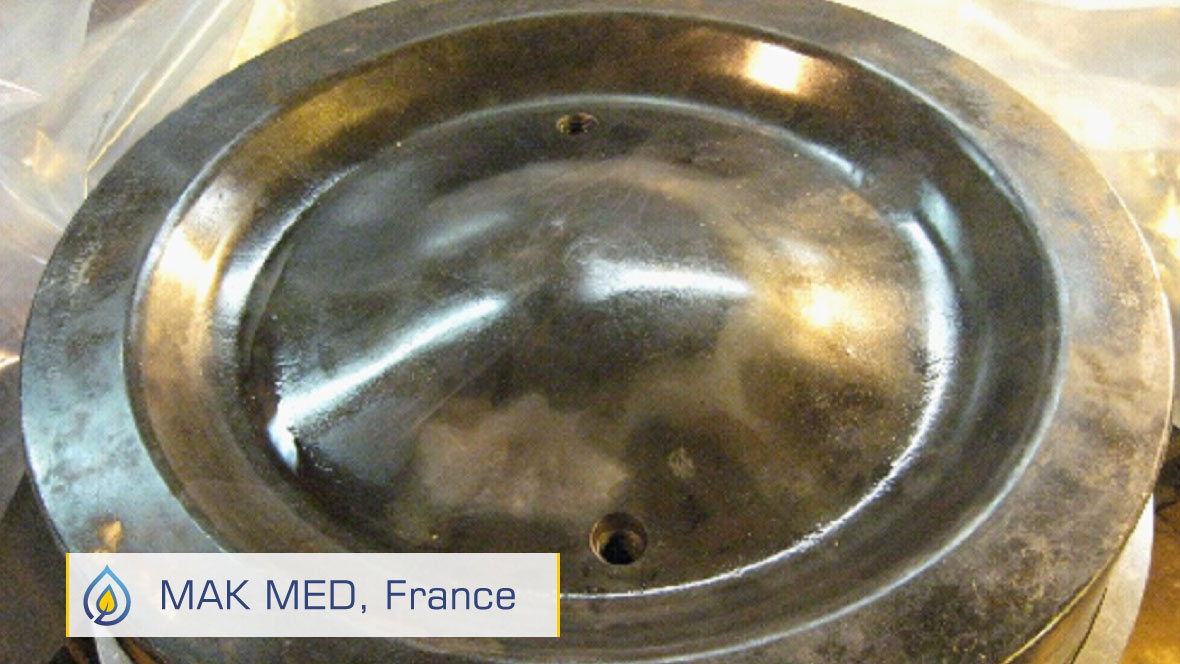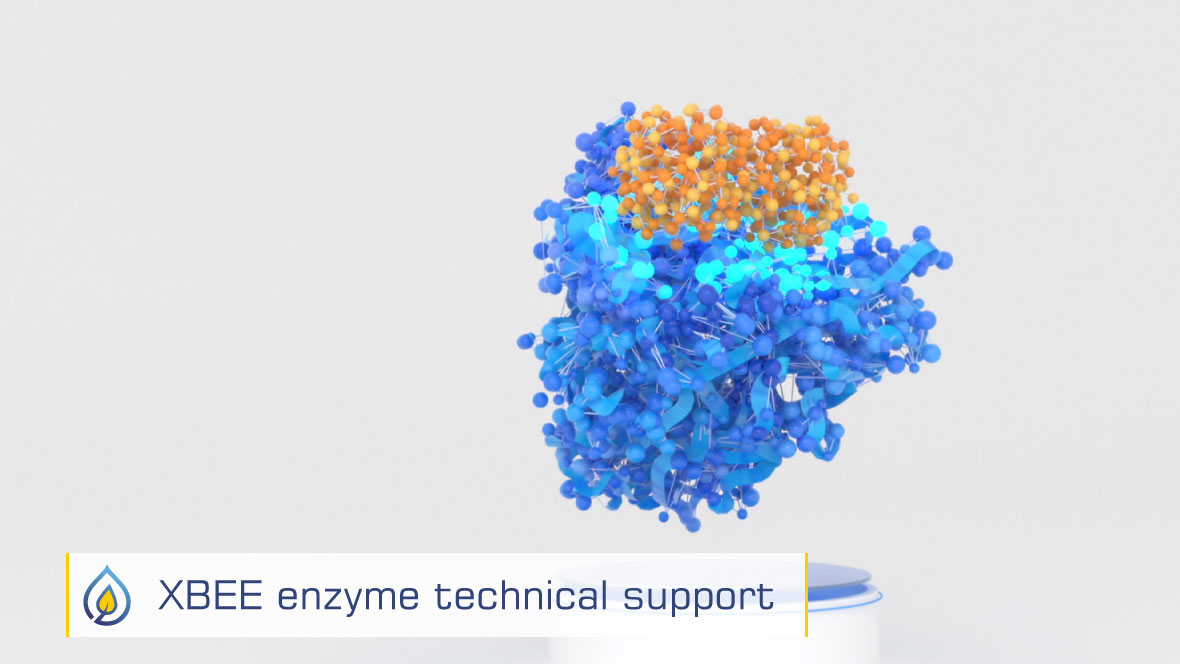To help reduce the impact of climate change, new low-sulfur marine fuels have been formulated. Above all, fuel tanks and the fuels themselves need to be kept clean in order to achieve good engine performance. These low-sulfur fuels are more expensive and optimal combustion is required to avoid over-consumption.
However, new fuel oil formulations may differ around the world. Those with high paraffinic compounds can be incompatible with fuels with low aromatic reserves. As a result, can create asphaltic sludge that fouls sludge separators and plugs filters.
As the steel rusts, very small iron particles enter the fuel oil causing plugging and excessive wear in the fuel system (also causes poor combustion).
XBEE enzyme science solves the problem…
XBEE fuel treatment uses natural plant enzymes to break down sludge and remove water. Therefore, it reduces tank cleaning costs before switching to low-sulfur fuels and protect the new fuel from contamination.
Sometimes it is unavoidable to mix fuels, XBEE improves compatibility in heavy fuels from different sources, also acting on distillate fuels. When this bioadditive is used, instead of corrosion and sludge… it results in clean fuel and clean tanks, reduces maintenance costs and protects high-cost fuel.


